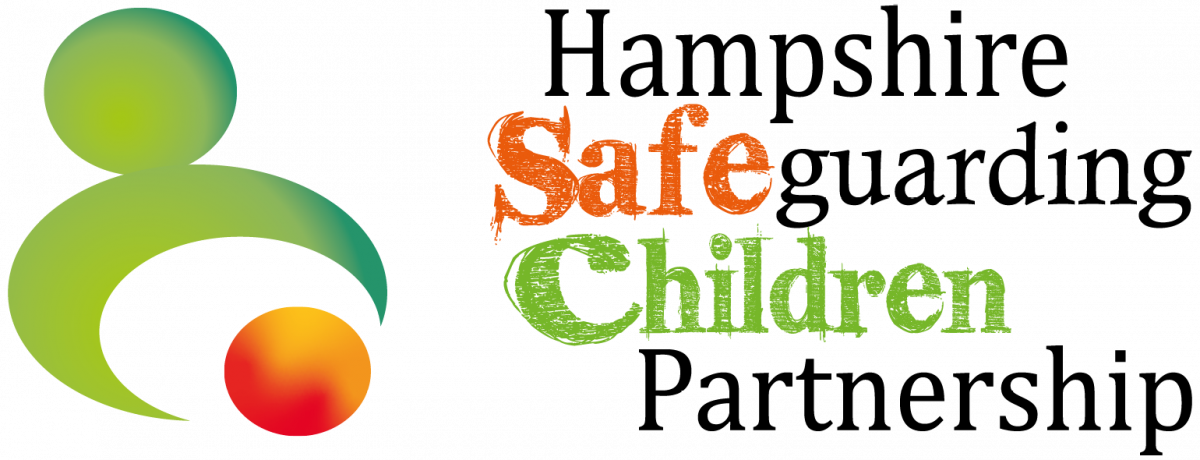Trafficking and/or Modern Day Slavery
This procedure is concerned with children in and arriving into the UK:
- In the care of adults who, whilst they may be their carers, have no parental responsibility for them.
- In the care of adults who have no documents to demonstrate a relationship with the child.
- Alone.
- In the care of agents.
Unaccompanied migrant children and child victims of modern slavery, including trafficking, can be some of the most vulnerable children in the country.
Modern slavery includes human trafficking, slavery, servitude and forced or compulsory labour. Exploitation takes a number of forms, including sexual exploitation, forced labour, forced criminality, begging, organ harvesting and domestic servitude. Victims may come from all walks of life.
The Modern Slavery Act 2015 makes it an offence to facilitate the transport of a child with a view to exploiting them. Trafficking involves the control of children’s movements either to bring them into the UK or to move them around towns and cities within the UK in order to further their exploitation.
There is a statutory duty on local authorities, under section 52 of the Modern Slavery Act 2015, to notify the Secretary of State, through the National Referral Mechanism (NRM), where there are reasonable grounds to believe that an individual may be a victim of modern slavery or trafficking. Potential child victims of modern slavery, including trafficking, must be referred as soon as practicable to the NRM by a first responder and assessed by a competent authority (a trained decision maker) within the UK.
Having been assessed, children will be issued with a positive reasonable grounds decision indicating they are considered to be a potential victim of modern slavery or a negative reasonable grounds decision determining there are no reasonable grounds to believe they are a victim of modern slavery.
Potential indicators include:
- No evidence of parental permission for the child to travel to the UK or stay with the adult.
- Little or no evidence of any pre-existing relationship with the adult or even an absence of any knowledge of the accompanying adult.
- Evidence of unsatisfactory accommodation arranged in the UK.
- Believe that they must work against their will.
- Have no access to their parents or guardians (although children may be living with their parents or guardians and still be exploited).
- Look intimidated.
- Behave in a way that does not correspond with behaviour typical of children their age.
- Have no friends of their own age.
- Have no access to education.
- Have no time for playing.
- Live apart from other children and in substandard accommodation,
- Eat apart from other members of the “family”.
- Be given only leftovers to eat.
- Be engaged in work that is not suitable for children.
- Travel unaccompanied by adults.
- Travel in groups with persons who are not relatives.
The National Referral Mechanism (NRM) is a framework for identifying and referring potential victims of modern slavery and ensuring they receive the appropriate support.
Modern slavery is a term that covers:
- Slavery
- Servitude and forced or compulsory labour
- Human trafficking
From 31 July 2015, potential victims of slavery, servitude and forced or compulsory labour in England and Wales recognised with a positive reasonable grounds decision, may also have access to support previously only offered to potential victims of human trafficking.
The child’s details should be provided using the forms available on the National Referral Mechanism website.
Section 48 of the Modern Slavery Act 2015 requires that Independent Child Trafficking Guardians ‘ICTG’ (previously known as ICTA – Independent Child Trafficking Advocates) are appointed to provide an independent service through a contract with the Home Office.
From May 2021, ICTG’s are available in most local authorities. Further details can be found in the Interim Guidance for Independent Child Trafficking Guardians.
For localities where the ICTG service has been implemented, if the first responder considers a child to be a potential victim of modern slavery, they should refer them to the ICTG service by completing the online referral form. This is in addition to following usual safeguarding routes and NRM referrals. ICTG’s are appointed based on their experiences relevant to child trafficking, criminal justice, social care, asylum and immigration by the service provider and offer a source of advice for trafficked children. An ICTG provides advocacy on behalf of child victims. Further information can be found here.
- Care of Unaccompanied Migrant Children and Child Victims of Modern Slavery: Statutory Guidance for Local Authorities, November 2017
- Safeguarding Children who May Have Been Trafficked (Home Office, 2011)
- Modern Slavery Helpline and Resource Centre – Unseen
- NSPCC – Child Trafficking
- NSPCC Child Trafficking Advice Centre (CTAC)
- Duty to Notify the Home Office of Potential Victims of Modern Slavery
- Home Office Circular – Modern Slavery Act 2015
- Modern Slavery: Duty to Notify Factsheets (GOV.UK, October 2016)
- Support for Victims of Modern Slavery (Home Office, 2016)
- Victims of Modern Slavery – Guidance for Frontline Staff (UK Visas and Immigration, March 2016)
- Guidance on Processing Children’s Asylum Claims
- Victims of Human Trafficking: Competent Authority Guidance
- National Referral Mechanism: Guidance for Child First Responders
- National Transfer Protocol for Unaccompanied Asylum Seeking Children
- Child Protection: Working with Foreign Authorities
- Local Government Association – Council Support: Refugees, Asylum Seekers and Unaccompanied Children
- Unaccompanied Asylum-seeking Children (UASC): Funding Instructions
- Modern Slavery Act 2015
- Modern Slavery Act 2015: Recent developments – Briefing Paper
- College of Policing – Modern Slavery
- NSPCC – ICARUS leaflets
- Refugee Council – Children’s Panel
- Gangmasters & Labour Abuse Authority
- Modern Slavery Partnership for Hampshire and IOW
